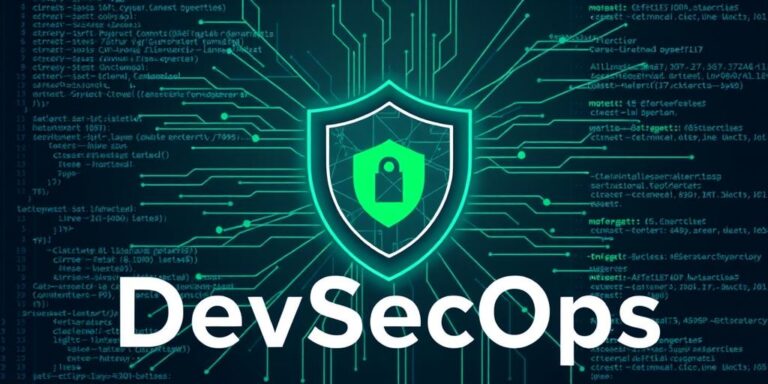DevSecOps: Security as an Integral Part of Development (Universal by 2026)
DevSecOps is not just a buzzword; it’s a cultural shift and a set of practices that embeds security into every phase of the software development lifecycle (SDLC). Unlike traditional approaches where security is an afterthought, DevSecOps treats security as a shared responsibility from the outset. The projection of universal adoption by 2026 underscores its growing importance in modern software development.
What is DevSecOps?
DevSecOps stands for Development, Security, and Operations. It automates the integration of security at every phase of the software development lifecycle, from initial design through integration, testing, deployment, and software delivery. It’s a natural evolution of DevOps, addressing security concerns that arise from the speed and automation inherent in DevOps practices.
Key Principles of DevSecOps
- Shared Responsibility: Security is everyone’s job, not just the security team’s.
- Continuous Feedback: Regular security assessments and feedback loops throughout the SDLC.
- Automation: Automating security tasks to reduce manual intervention and improve efficiency.
- Collaboration: Fostering communication and collaboration between development, security, and operations teams.
- Compliance as Code: Automating compliance checks and policy enforcement.
Benefits of DevSecOps
- Faster Time to Market: By integrating security early, vulnerabilities are identified and addressed sooner, reducing delays.
- Reduced Security Risks: Continuous monitoring and proactive security measures decrease the likelihood of security breaches.
- Improved Collaboration: Shared responsibility and communication lead to better teamwork and problem-solving.
- Enhanced Agility: Automation and streamlined processes enable quicker responses to changing business needs.
- Cost Savings: Early detection and remediation of vulnerabilities are more cost-effective than fixing them later in the development cycle or after deployment.
Implementing DevSecOps
- Assess Current Processes: Evaluate existing development and security workflows to identify gaps and areas for improvement.
- Automate Security Testing: Integrate automated security testing tools into the CI/CD pipeline.
- Establish Clear Policies: Define and communicate security policies and standards.
- Train and Educate Teams: Provide training to ensure developers, security, and operations teams understand their roles in DevSecOps.
- Monitor and Measure: Continuously monitor security metrics and measure the effectiveness of DevSecOps practices.
Challenges in Adopting DevSecOps
- Cultural Resistance: Overcoming resistance to change and fostering a security-conscious mindset.
- Tool Integration: Selecting and integrating the right security tools into the existing development environment.
- Skills Gap: Addressing the shortage of professionals with both development and security expertise.
- Legacy Systems: Adapting DevSecOps practices to older, monolithic applications.
Why Universal Adoption by 2026?
The projection that DevSecOps will be universally adopted by 2026 is driven by several factors:
- Increasing Cyber Threats: The growing number and sophistication of cyber attacks necessitate more proactive security measures.
- Regulatory Compliance: Stringent data protection regulations require organizations to implement robust security practices.
- Business Agility: The need for faster software delivery cycles demands that security be integrated seamlessly into development processes.
- Success Stories: Demonstrated success of DevSecOps in early adopter organizations encourages broader adoption.
Conclusion
DevSecOps is a critical evolution in software development, driven by the need for speed, agility, and enhanced security. While challenges exist, the benefits of integrating security into every phase of the SDLC are undeniable. As organizations face increasing cyber threats and regulatory pressures, DevSecOps is poised to become the standard approach to software development by 2026.




